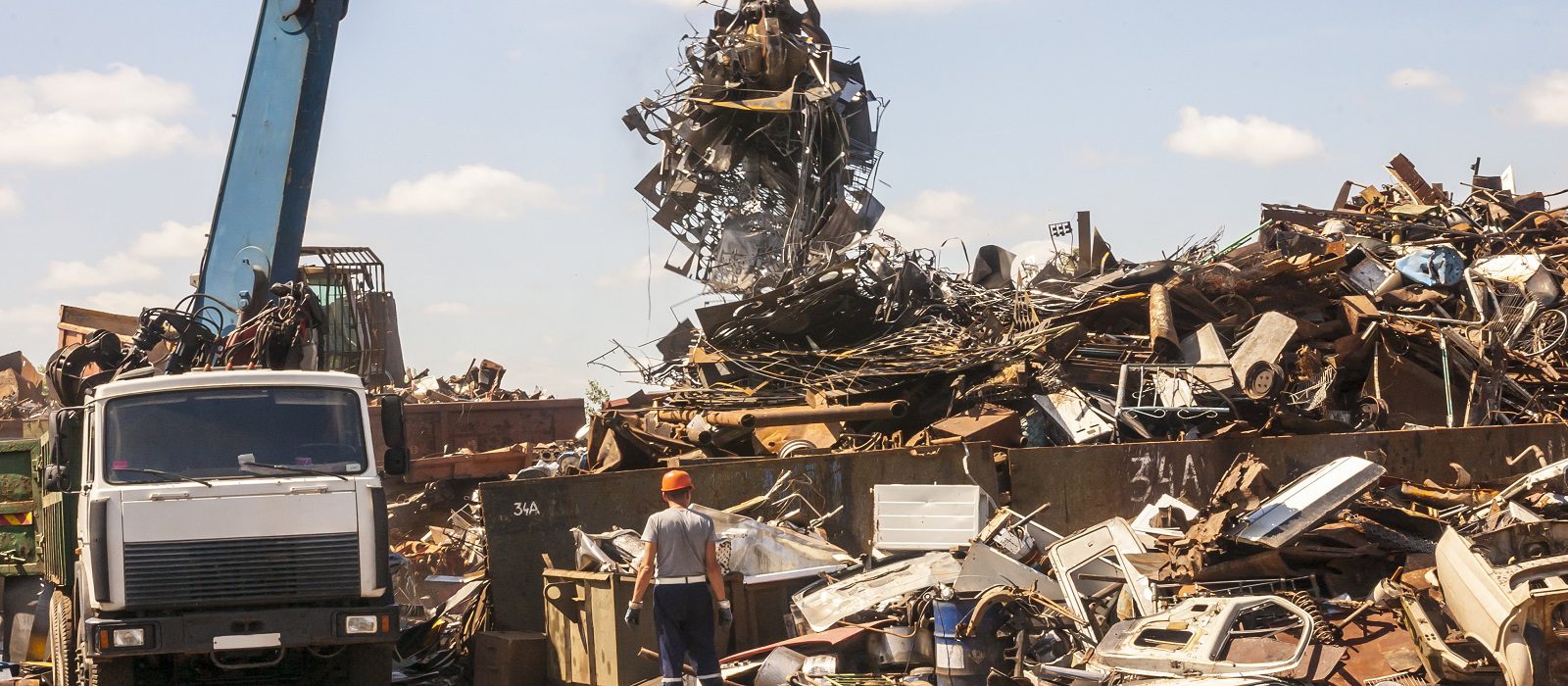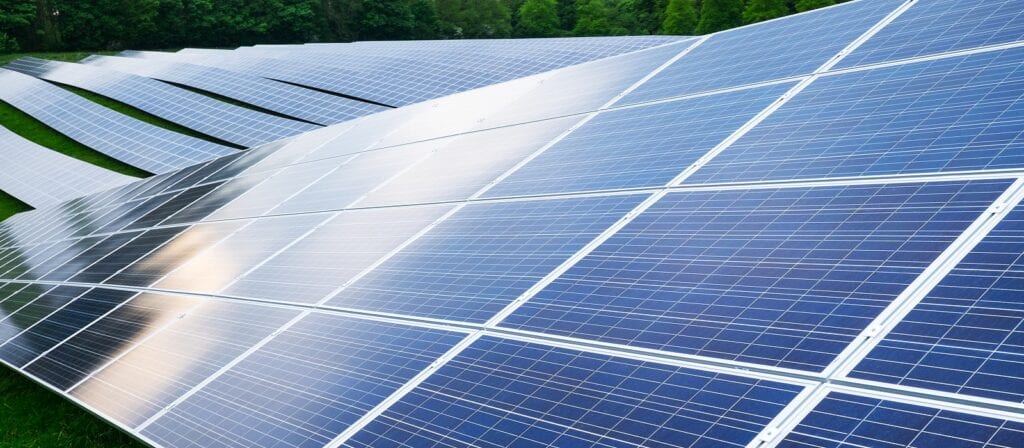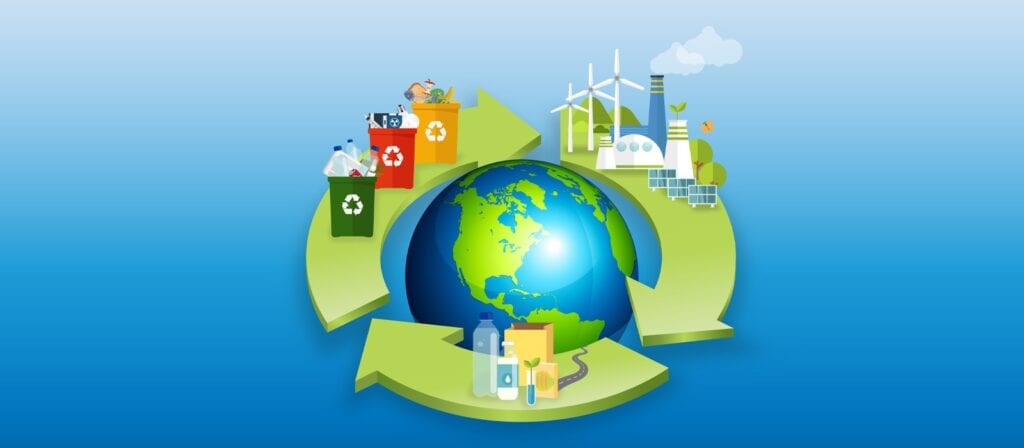This week, representatives from ICMIF member Co-operators (Canada), the City of Guelph, Wellington County and the Guelph Smart Cities Office launched the Zero Waste Economic Transformation Lab, a new initiative under the Circular Opportunity Innovation Launchpad (COIL).
The lab will apply circular economy theories to develop and test new opportunities to reduce or redirect waste. As the lab’s founding corporate supporter, Co-operators is pledging a CAD 350,000 investment to establish the lab and fund its first project to divert construction and demolition materials from landfill. Ongoing operations will be funded through public and private grants and corporate investments.
The commitment from Co-operators represents a unique local public-private sector collaboration to tackle factors contributing to climate change. It will also help extend the range of tools and innovation infrastructure developed by COIL and Our Food Future since 2019, adapting them to the construction and demolition sector as well as others in the future.
“Co-operators is committed to embedding sustainability into all areas of our business. We are especially excited that through COIL, we can help to sustainably divert materials away from landfills and keep them in the local economy,” says Chad Park, VP Sustainability and Citizenship at Co-operators. “Through this collaborative effort, we can reduce the environmental, social, and financial costs to governments, businesses and Canadian communities, while making them more sustainable and resilient.”
“We know that 45 per cent of global carbon emissions are generated when we manufacture new products, and construction materials are particularly resource intensive,” says Barbara Swartzentruber, executive director of the Smart Cities Office. “Redesigning systems to recycle and extend the life of materials is an essential part of fighting climate change and aligns with Guelph’s climate change objectives.”
The lab’s projects will bring together researchers, industry stakeholders, entrepreneurs and government to reduce waste in specific material sectors, including salvaged materials from properties following insurance claims.
As with Our Food Future, another Smart Cities initiative, COIL’s lab will focus on designing scalable systems-level solutions that create new social, economic and environmental benefits.
“Our comprehensive circular economy approach considers not only the reuse, recovery and recycling of materials that were previously wasted, it addresses processes and decisions that prevent waste generation across an entire value chain,” says David Messer, manager, COIL.
The Zero Waste Economic Transformation Lab’s projects will follow a process that can be replicated and applied across all waste streams in industries such as textiles, plastics and electronics. The lab will work with other cities, labs and circular economy innovation organisations across Canada to share best practices, advise on future strategies and collectively advance sector transformation using the circular economy approach.
The lab’s current national collaborators and advisors include:
- CERIEC: Interdisciplinary scientific research and training, dialogue, valorisation and transfer initiatives
- Circular Innovation Council: Putting circular economy concepts into action through collaboration and inclusion
- Circular Economy Leadership Canada: Thought leadership, technical expertise and a collaborative platform
- National Zero Waste Council: Waste prevention and reduction in the design, production and use of goods
- Ontario Genomics: Application of genomics-based solutions across key sectors of the economy






